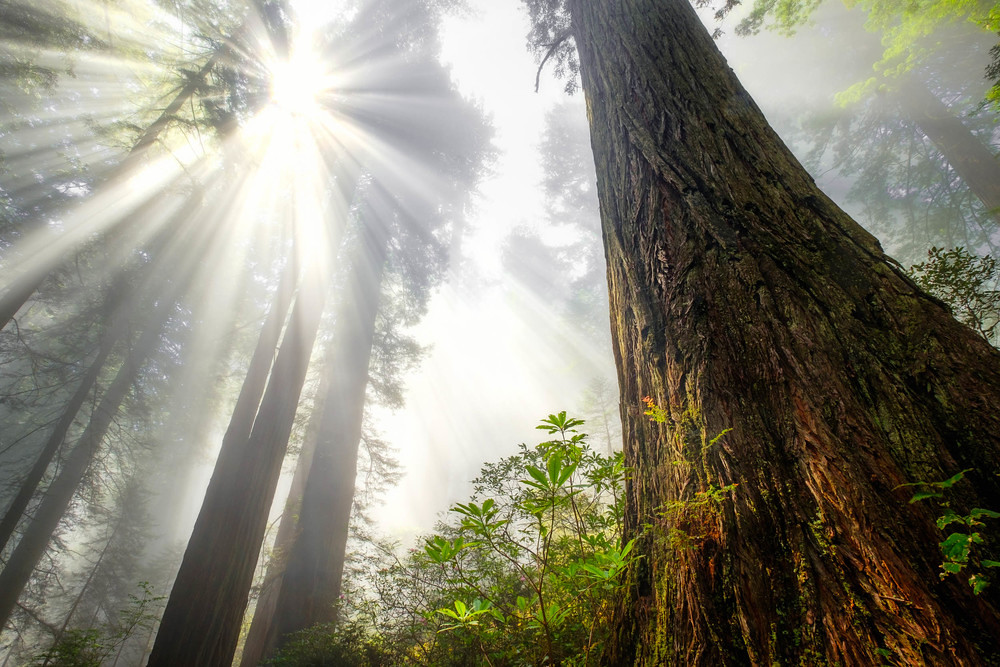SAN FRANCISCO—Save the Redwoods League led a group that has invested over $24.7 million to protect 14,838 acres of redwood forest in Mendocino. The group used the money to buy a conservation easement over the Mailliard Ranch, located 80 miles north of San Francisco.
The ranch has been owned by the Mailliard family since 1925, when Jack Ward Mailliard Jr., and his wife Kate, purchased the ranch. Mailliard served as president of the San Francisco Chamber of Commerce and was chairman of the board of the California Academy of Sciences.
Today, the land is owned by Charlotte Mailliard Shultz, wife of the United States’ 60th Secretary of State, George Schultz, who passed away on February 6.
Save the Redwoods League is a nonprofit organization formed in 1918 whose mission is to protect and restore coast redwood and giant sequoia trees through the preemptive purchase of development rights to notable areas with such forests.
Sam Hodder, president and CEO of Save the Redwoods League, said that the deal with the Mailliard Ranch “illustrates how redwood forests — which grow nowhere else in the world naturally — can be preserved.”
The deal to save the redwoods had additional donors. On top of the League’s $8.15 million donation, $4.75 million came from state parks and water bonds from Proposition 84, which provides funding for projects that help local public agencies meet the long term water needs of the state, including the delivery of safe drinking water and the protection of water quality and the environment.
Another $4.3 million was donated from the U.S. Forest Service, and the Mailliard family donated $6.5 million in land revenue.
The Mailliard family will still own the property and have permission to continue commercial logging, but now at half the rate permitted under state laws.
More than 1,000 acres of the forest, along streams and groves of old-growth giant redwoods, will be preserved forever. 69 legal parcels that could have been divided into ranchettes and vineyards will be retired.
The land is home of at least 159 native species, including golden eagles, black-tailed deer, northern spotted owls, Coho salmon, and steelhead trout.
The forest will not be open to the public.






